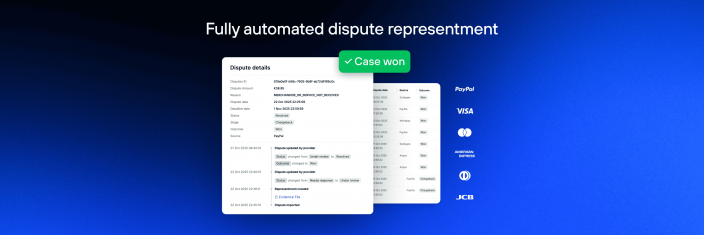ACH Return Dispute
An ACH return dispute arises when a customer disputes the legitimacy of an ACH transfer. Customers can initiate ACH payment disputes for various reasons, including incorrect or duplicate transaction amounts and suspected fraud. If the customer’s claim is deemed valid by the bank, the ACH transfer will be reversed.
The ACH network employs nearly 70 different return codes that prompt the reversal of previous transactions, returning the money from the receiving financial institution to the originating one.
The advantage for merchants is that banks exercise greater scrutiny when reversing ACH payments compared to credit card charges. Credit card chargebacks can occur for reasons like non-receipt of ordered items or damaged products, but ACH payments are only reversed when issues pertain to the payment itself. Problems related to the purchased product or service do not qualify for ACH payment reversal.
The timeframe for customers to dispute an ACH transaction varies depending on the ACH type. They may have up to 90 days from the processing date to raise a dispute, and some banks even allow up to 120 days. Officially, these disputes are not referred to as “chargebacks” since the term is closely associated with the credit card industry. Instead, they are commonly termed “ACH returns” in official documentation.
ACH disputes are on the rise for merchants, but unlike credit card chargebacks, there is no way for merchants to contest ACH returns. The National Automated Clearing House Association (NACHA), which governs the ACH network, does not provide such a recourse. However, the inability to reverse ACH returns means banks are more cautious in granting them, benefiting merchants dealing with friendly fraud. Nonetheless, ACH transfers are not entirely immune to friendly fraud, and merchants must find ways to address this issue effectively.
 PayPal
PayPal Blog
Blog

